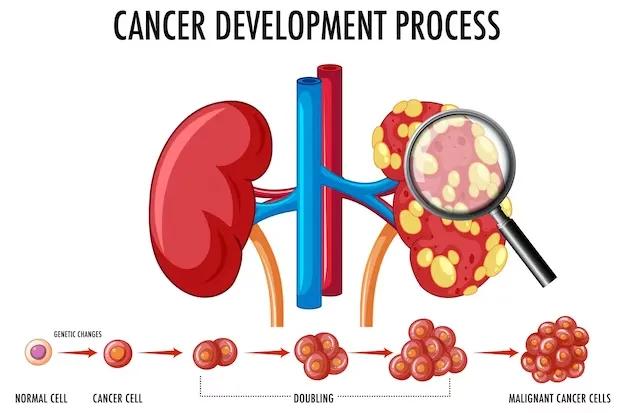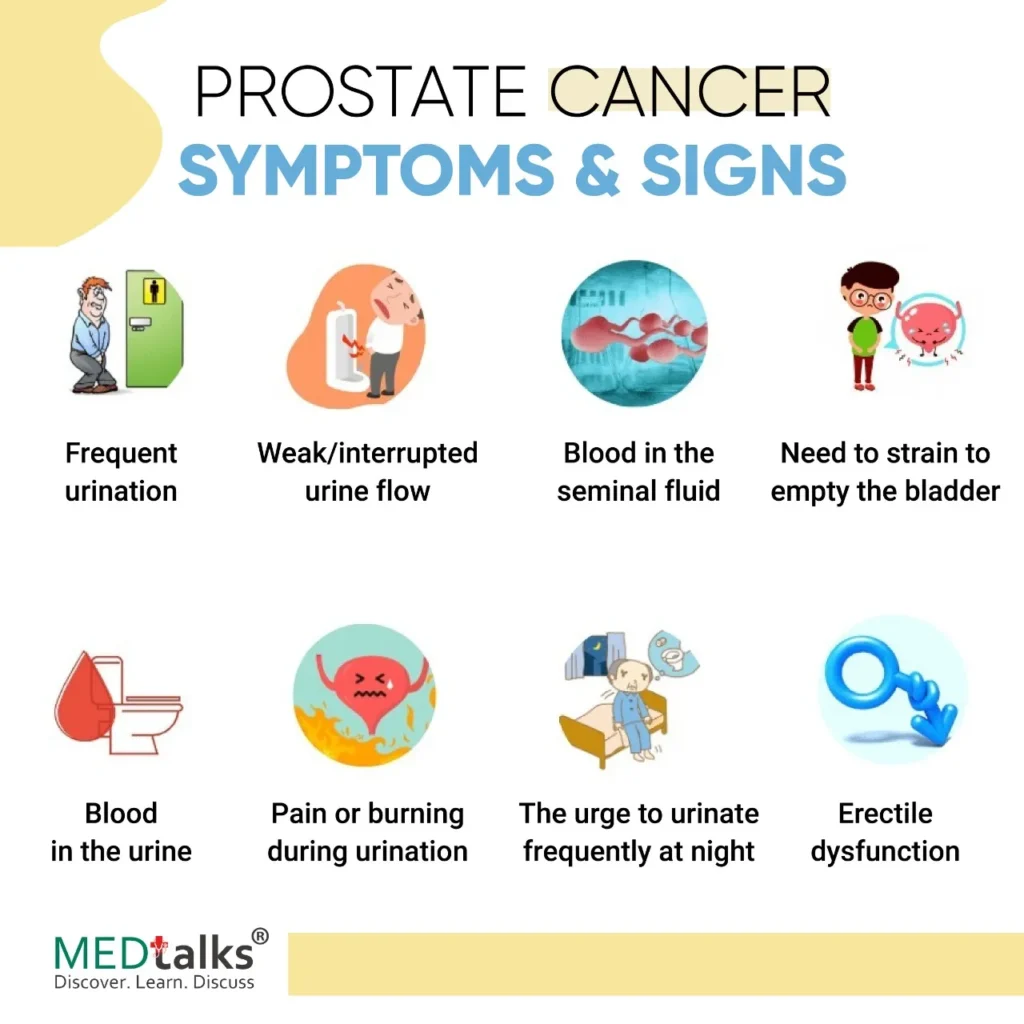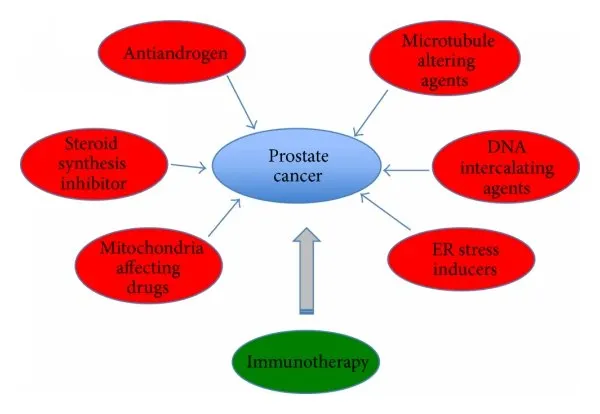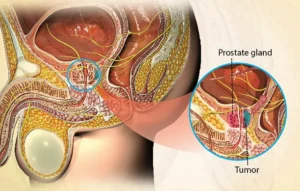Prostate Cancer Time Bomb: Ignoring It Won’t Stop It! Learn how untreated cancer spreads, the pain it can cause, and what you can do to fight back. Treatment options, early detection tips, and more inside!

- Uses action verbs and strong language: “Time Bomb” and “Fight Back” grab attention and create a sense of urgency.
- Connects to the title: “Prostate Cancer Time Bomb” echoes the main theme.
- Highlights key information: Briefly mention the spread, pain, and treatment options covered in the post.
- Has a good length: Around 156 characters, within the optimal range for search engine results pages.
Introduction:
Prostate cancer is a common diagnosis among men, especially as they age. While many cases are slow-growing and manageable, leaving them untreated can have serious, even life-threatening consequences. This blog post delves into the potential risks and complications of ignoring cancer, explores the telltale symptoms you shouldn’t dismiss, and sheds light on available treatment options. Remember, knowledge is power, and early intervention is key to maximizing your chances for a successful outcome.
- However: “Early-stage prostate cancer may not cause noticeable symptoms. However, as the cancer progresses, various warning signs begin to emerge.”
- Therefore: “Ignoring these symptoms can have detrimental consequences. Therefore, seeking medical attention at the first sign of trouble is crucial.”
- Furthermore: “Treatment options for prostate cancer vary depending on the stage and severity. Furthermore, early detection opens doors to more effective and less invasive treatment approaches.”

FAQs:
A: Untreated prostate cancer can spread to nearby organs and lymph nodes, causing pain, and discomfort, and potentially impacting vital functions. In advanced stages, it can metastasize to distant organs like bones, significantly reducing life expectancy.
A: Difficulty urinating, frequent urination, weak or interrupted urine flow, blood in the urine or semen, pain or burning during urination, erectile dysfunction, and bone pain are some of the red flags to watch out for.
A: Depending on the stage and aggressiveness of the cancer, treatment options may include surgery, radiation therapy, chemotherapy, hormone therapy, and watchful waiting.
A: While there’s no guaranteed way to prevent prostate cancer, maintaining a healthy diet, exercising regularly, managing weight, and avoiding smoking and excessive alcohol can significantly reduce the risk.
Elaborate on the severity of consequences:
- While many prostate cancers grow slowly, emphasizing the aggressive nature of some types can highlight the urgency of treatment. Discuss the potential for bone metastases and the impact on mobility and quality of life.
- Use statistics to paint a clearer picture: Mention the percentage of untreated men who experience significant morbidity and the reduction in life expectancy compared to those who receive treatment.
Deepen the explanation of symptoms:
- Go beyond simply listing symptoms and delve into their progression. Explain how difficulty urinating might turn into pain or complete blockage, and how erectile dysfunction can worsen over time.
- Address the emotional impact of symptoms like urinary incontinence and the potential isolation and depression it can cause.
Expand on treatment options:
- Briefly explain the different types of treatments and their mechanisms of action (surgery removing the cancer, radiation targeting the growth, etc.).
- Discuss potential side effects and complications associated with each treatment option, ensuring transparency and empowering informed decision-making.
- Include a section on newer treatment advancements or ongoing clinical trials to offer hope and highlight the evolving landscape of prostate cancer treatment.
Personalize the narrative:
- Include anecdotes from individuals who have chosen to ignore cancer and faced the consequences, or conversely, from those who received early treatment and successfully managed the disease.
- Encourage readers to consider the emotional and psychological impact of a cancer diagnosis and the importance of building a support system early on.
Call to Action::
- Schedule a prostate cancer screening with your doctor today.
- Share this blog post with your loved ones to raise awareness about cancer.
- Join a support group for men battling cancer.

Conclusion:
Prostate cancer doesn’t have to be a death sentence. By understanding the risks of leaving it untreated, recognizing the warning signs, and exploring available treatment options, you can take control of your health and fight back against this disease. Remember, early detection is your best weapon. Talk to your doctor about regular screenings and don’t hesitate to seek medical advice if you experience any concerning symptoms.

I don’t think the title of your article matches the content lol. Just kidding, mainly because I had some doubts after reading the article.
Thanks for sharing. I read many of your blog posts, cool, your blog is very good.
I’m really glad to hear that my article helped you feel hopeful!